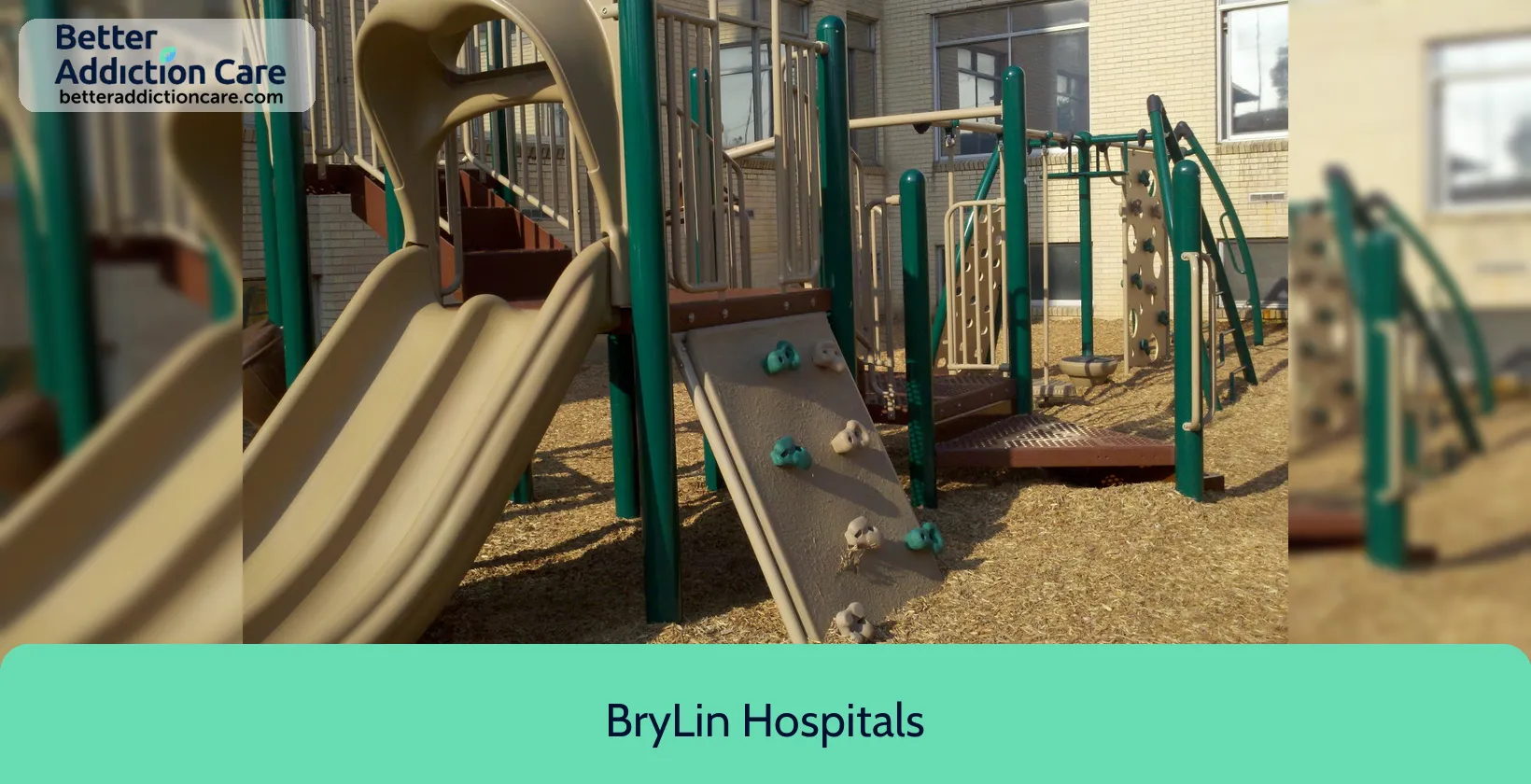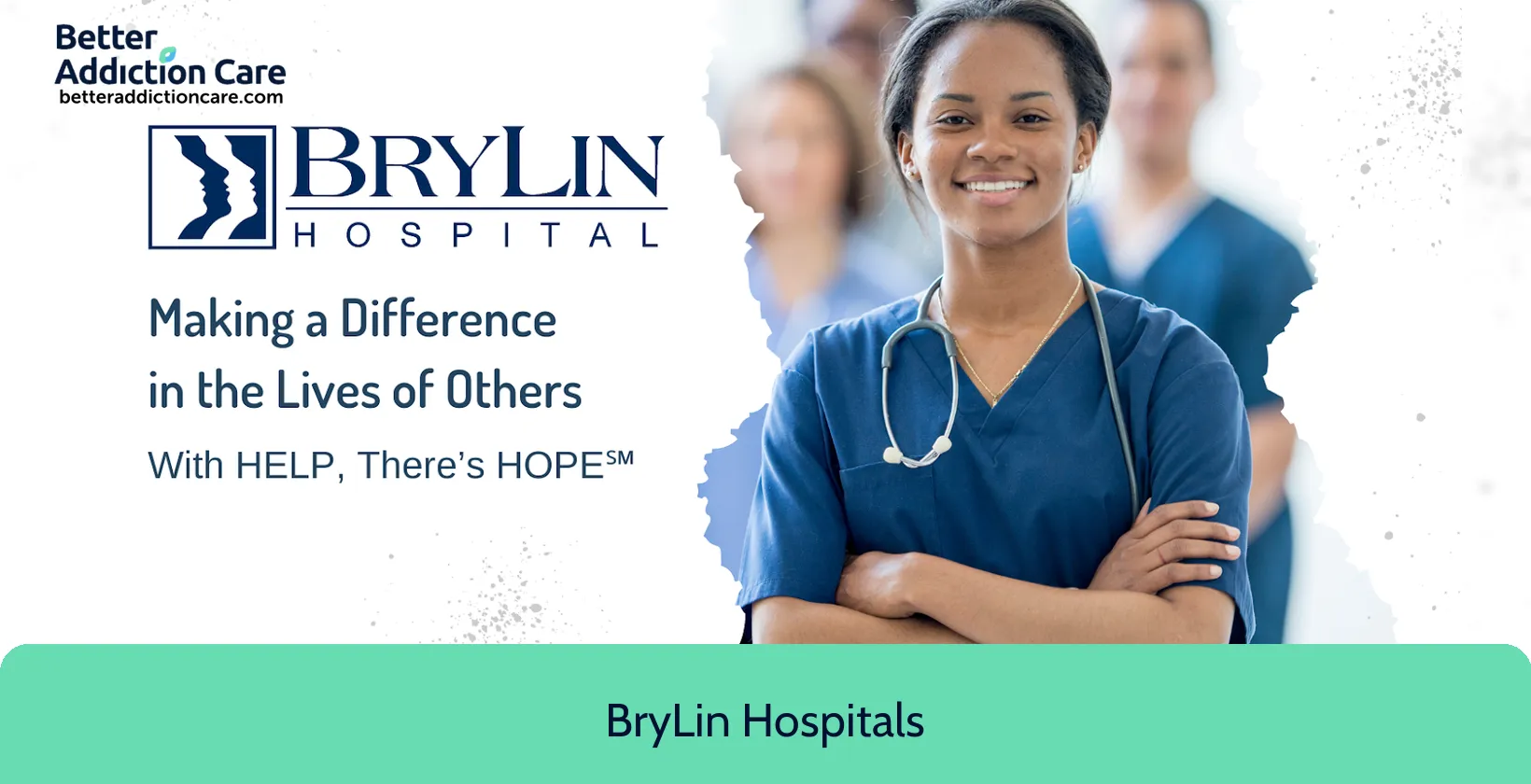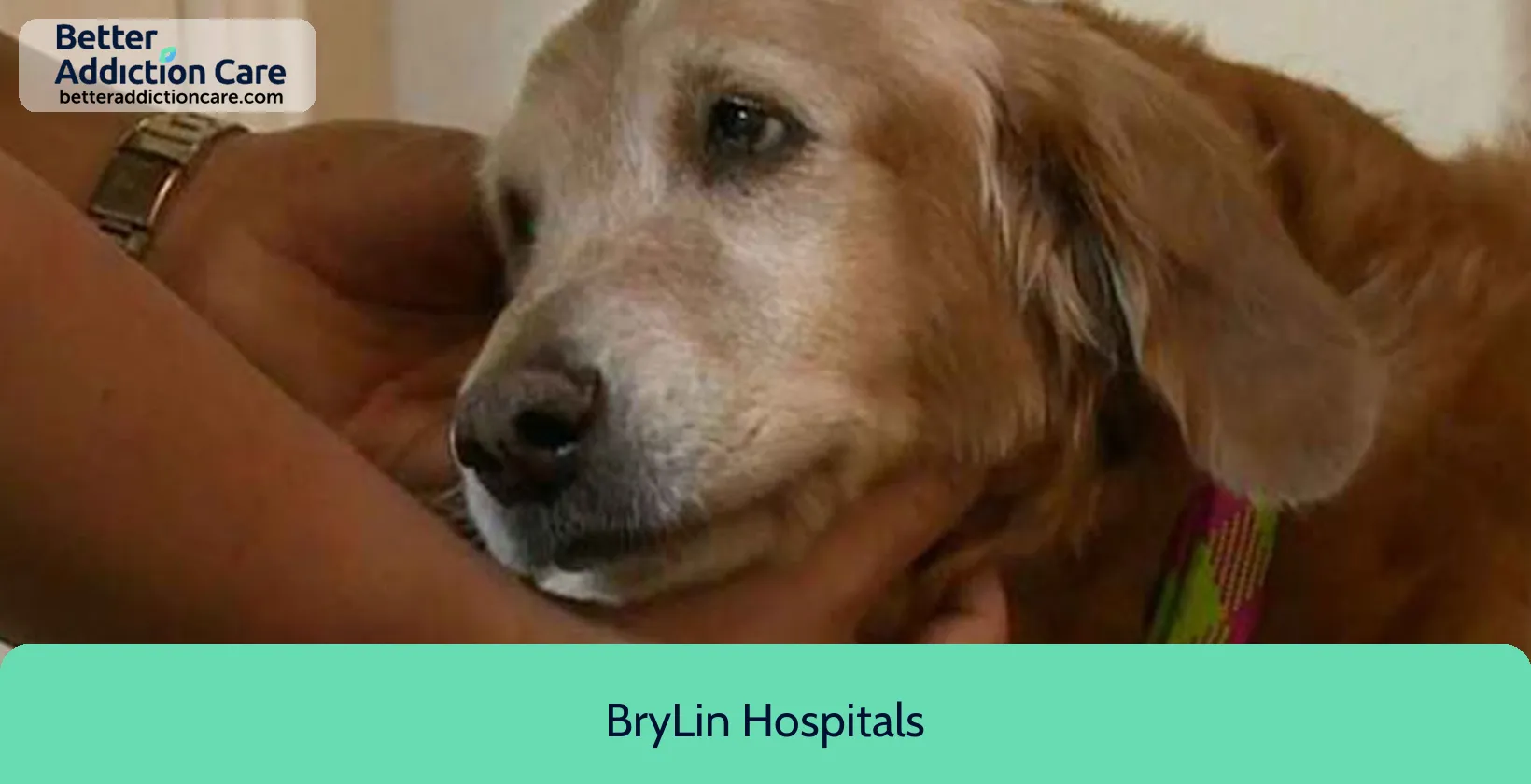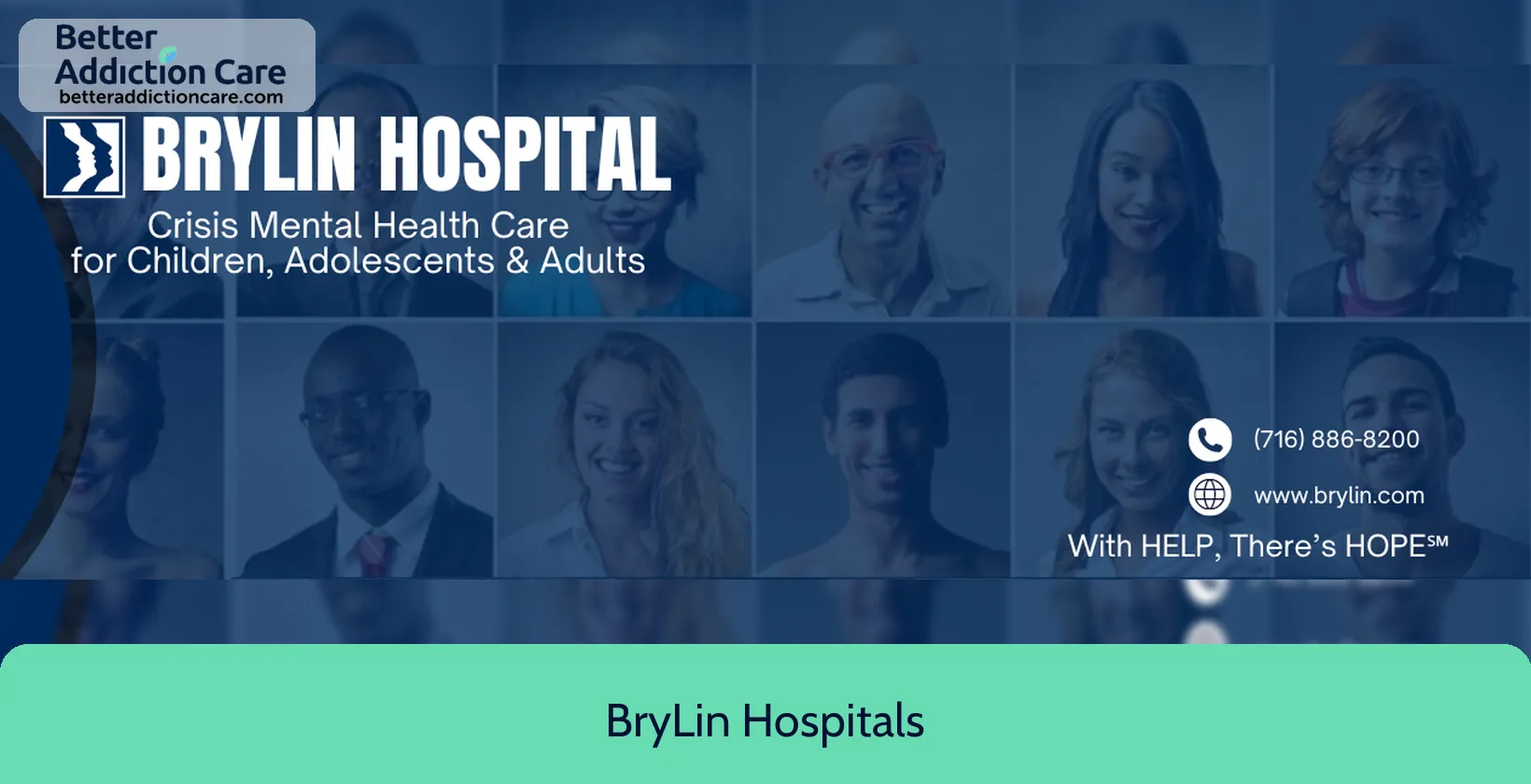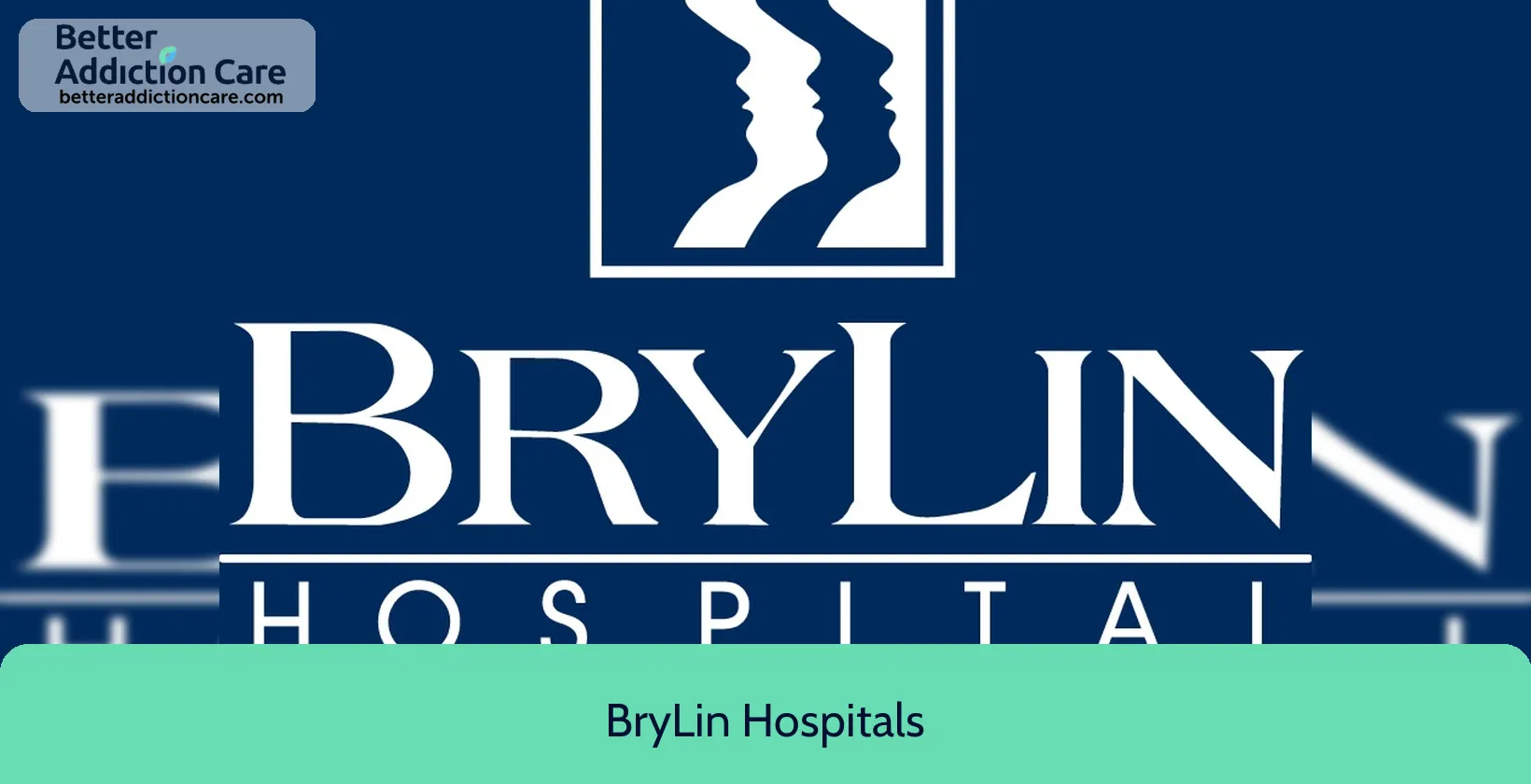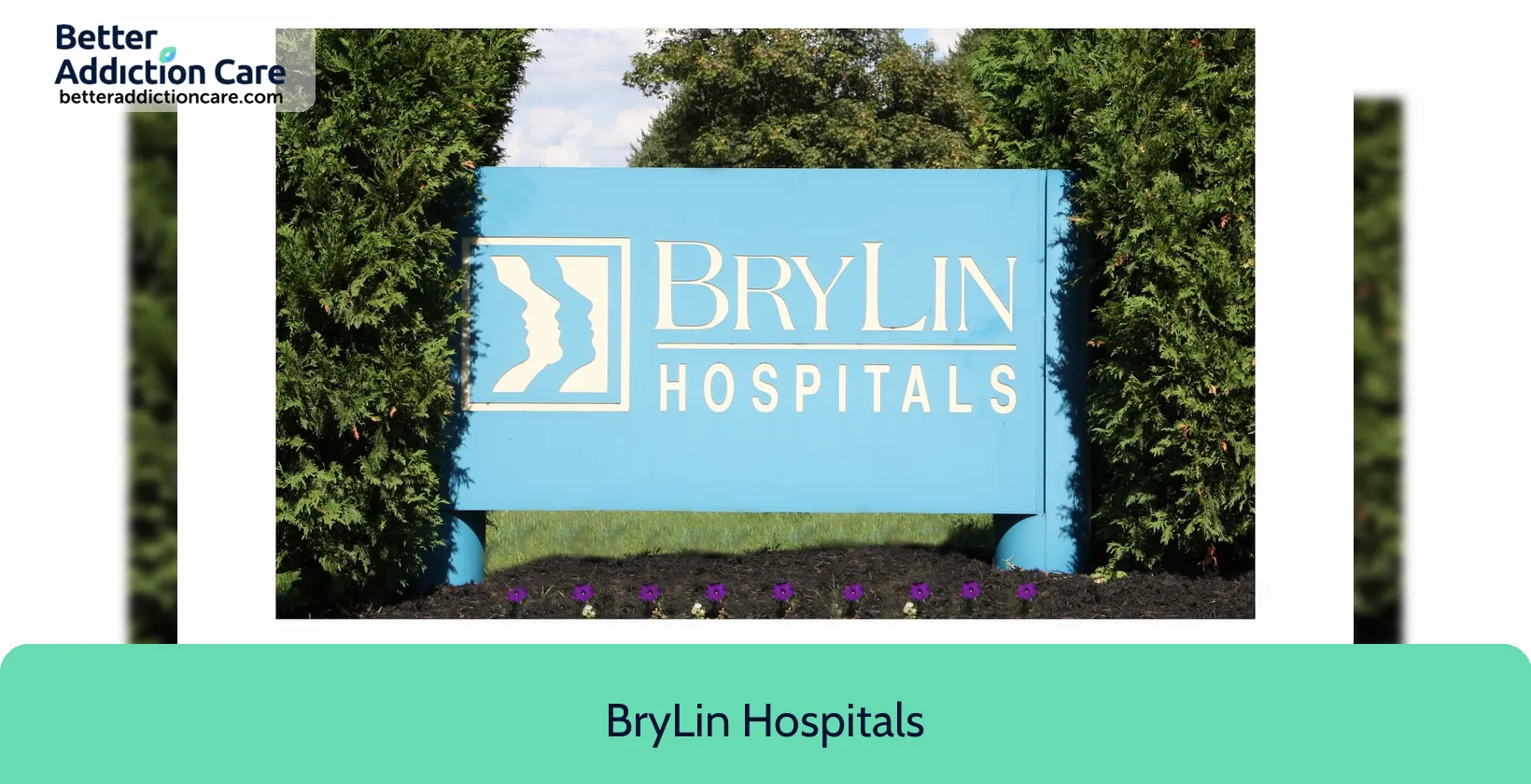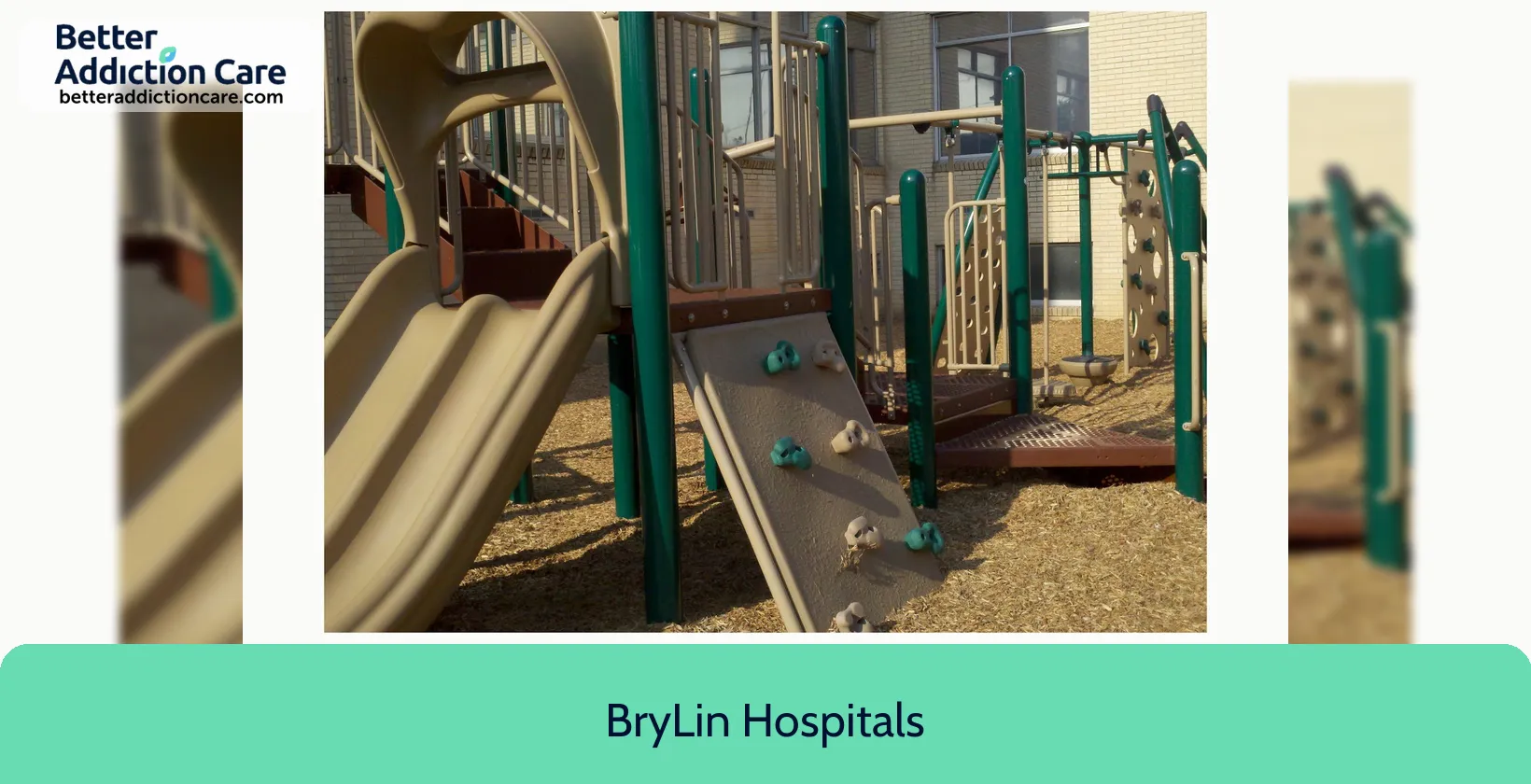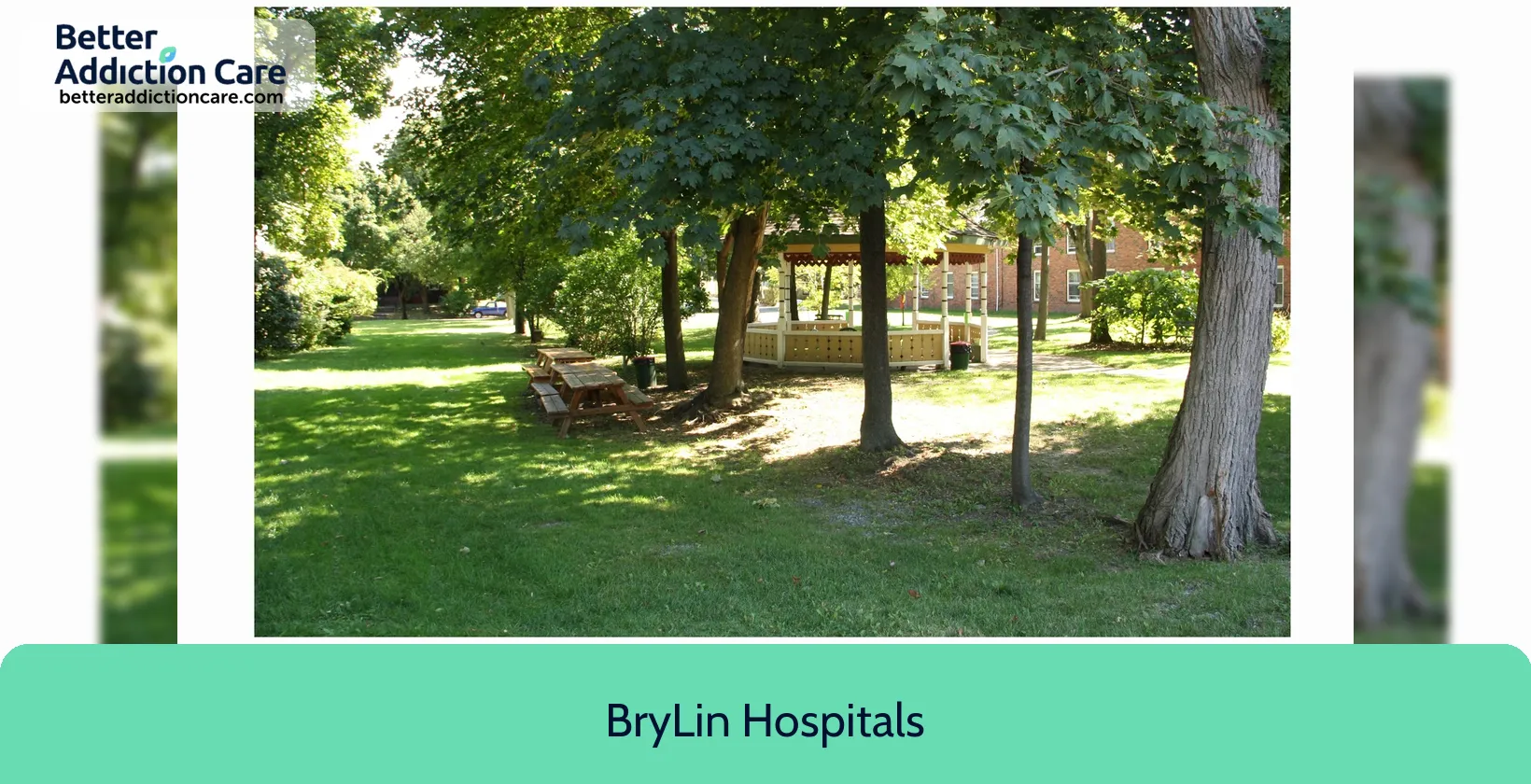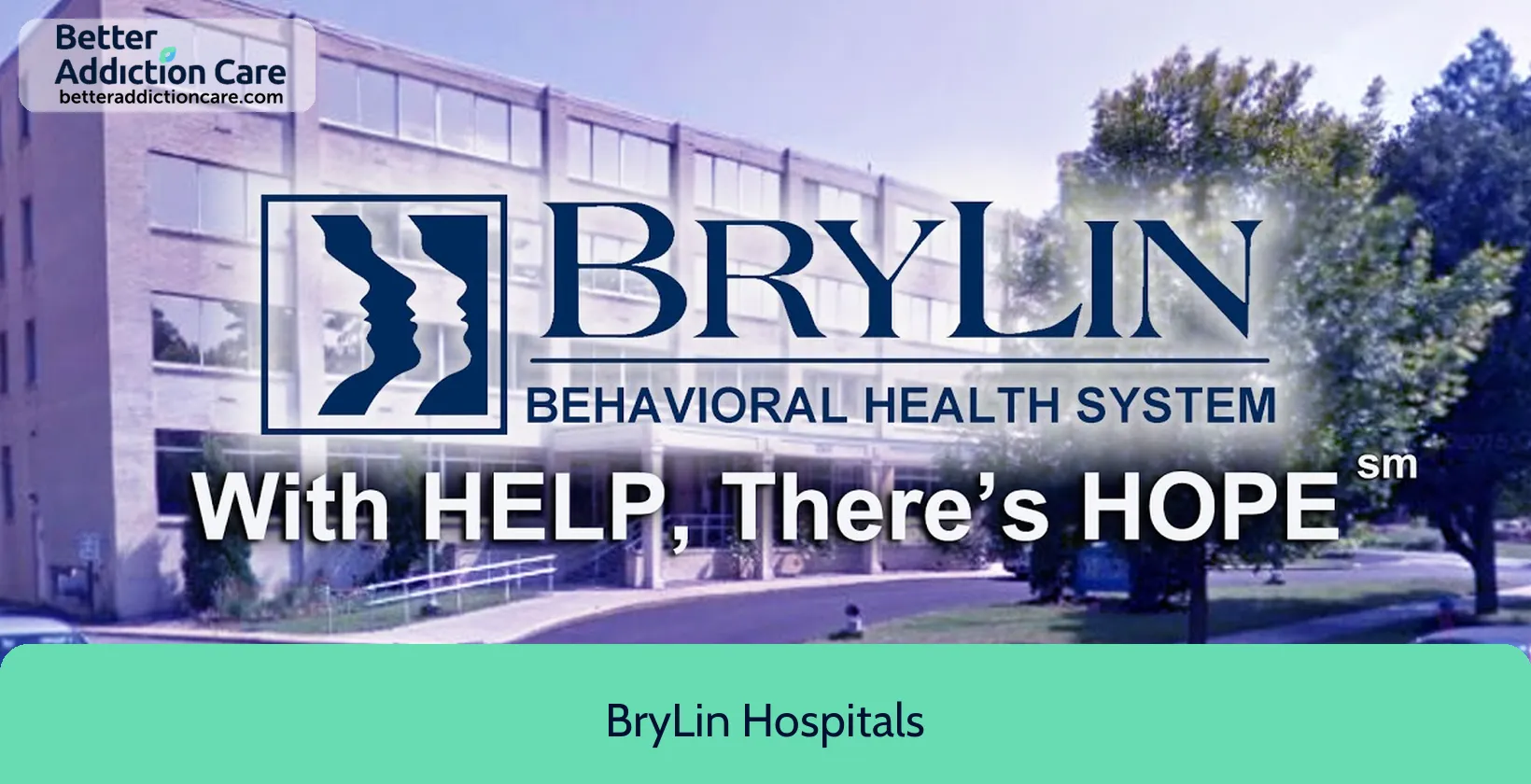BryLin Hospitals
Overview
BryLin Hospitals is a mental health treatment center for people seeking treatment near Erie County. As part of their treatment modalities for recovery, BryLin Hospitals provides group counseling, cognitive behavioral therapy, and dialectical behavior therapy during treatment. BryLin Hospitals is located in Buffalo, New York, accepting cash or self-payment for treatment.
BryLin Hospitals at a Glance
Payment Options
- Cash or self-payment
- Medicaid
- Medicare
- State-financed health insurance plan other than Medicaid
- Private health insurance
Assessments
- Screening for tobacco use
- Comprehensive mental health assessment
- Comprehensive substance use assessment
Age Groups
- Seniors or older adults
- Young adults
- Children/adolescents
- Adults
- Seniors
Ancillary Services
- Education services
- Illness management and recovery
- Suicide prevention services
Highlights About BryLin Hospitals
6.68/10
With an overall rating of 6.68/10, this facility has following balanced range of services. Alcohol Rehabilitation: 8.00/10, Drug Rehab and Detox: 6.00/10, Insurance and Payments: 6.00/10, Treatment Options: 6.73/10.-
Alcohol Rehabilitation 8.00
-
Treatment Options 6.73
-
Drug Rehab and Detox 6.00
-
Insurance and Payments 6.00
Treatment At BryLin Hospitals
Treatment Conditions
- Mental health treatment
- Substance use treatment
- Co-occurring Disorders
Care Levels
- Hospital inpatient/24-hour hospital inpatient
Treatment Modalities
- Group counseling
- Cognitive behavioral therapy
- Dialectical behavior therapy
- Integrated Mental and Substance Use Disorder treatment
- Activity therapy
Ancillary Services
Special Programs
- Clients with co-occurring mental and substance use disorders
- Veterans
- Active duty military
- Members of military families
- Clients with HIV or AIDS
Get Help Now
Common Questions About BryLin Hospitals
Contact Information
Other Facilities in Buffalo

7.33

7.40

6.96

7.14

6.65

7.00

7.51

7.92
DISCLAIMER: The facility name, logo and brand are the property and registered trademarks of ECMC Rehabilitation Center, and are being used for identification and informational purposes only. Use of these names, logos and brands shall not imply endorsement. BetterAddictionCare.com is not affiliated with or sponsored by ECMC Rehabilitation Center.
